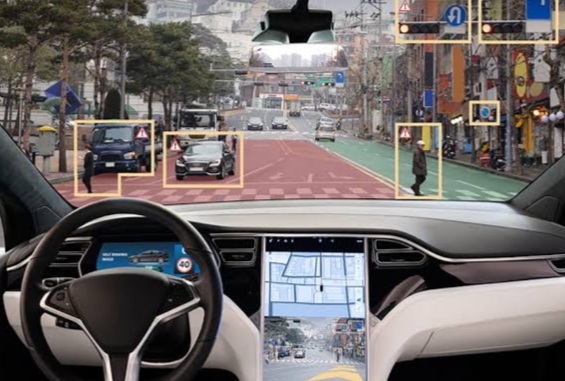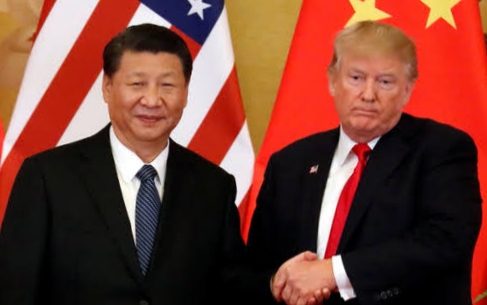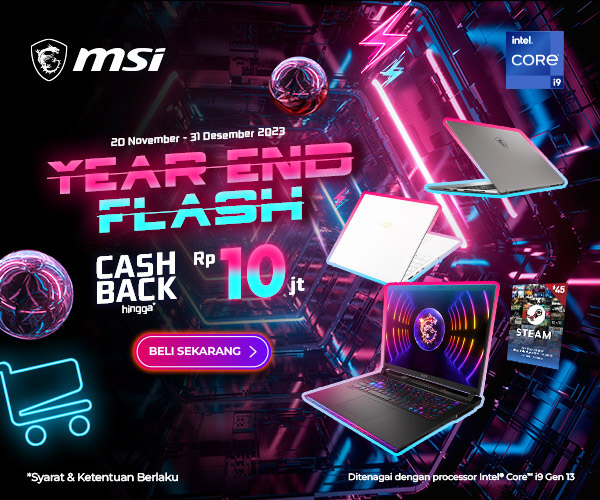INTERNEWSTIMES.COM – Elon Musk’s ambitious vision of a world powered by self-driving cars is facing a formidable obstacle: the escalating tech war between the United States and China. As Tesla gears up to launch its robotaxi service in October and seeks regulatory approval for its Full Self-Driving (Supervised) system in China and other overseas markets, the geopolitical landscape is becoming increasingly complex.

The U.S. government, wary of Chinese technological dominance, is considering a ban on Chinese software, a move that could significantly hinder Tesla’s operations in the world’s largest automotive market. Tesla, which relies heavily on its Chinese manufacturing facilities and customer base, could find itself caught in the crossfire of a trade war that threatens to disrupt its global ambitions.
Meanwhile, China is aggressively pursuing its own ambitions in the autonomous driving sector, pouring billions of dollars into research and development and nurturing a burgeoning domestic industry. This creates a competitive landscape for Tesla, which is already facing challenges from established Chinese players like Baidu and Didi.
“Tesla is walking a tightrope,” says Dr. Emily Zhang, a leading AI expert at Stanford University. “The company needs access to the Chinese market to achieve its global dominance, but the U.S.-China tensions are creating a challenging environment for foreign tech companies.”
The geopolitical tensions are not just a threat to Tesla’s business but also raise concerns about the future of autonomous driving technology. The development of self-driving cars requires collaboration and the sharing of data, but the current climate of suspicion and rivalry could stifle innovation and slow down progress.
“We need to find a way to navigate these geopolitical complexities without sacrificing the potential of this transformative technology,” says Dr. Zhang. “The future of autonomous driving depends on international cooperation, not competition.”
Tesla’s self-driving ambitions are a microcosm of the broader tech war between the U.S. and China. The outcome of this conflict will have a profound impact on the future of the automotive industry and the global technological landscape. As the world watches, the question remains: Will Tesla’s dream of a self-driving future be derailed by geopolitical tensions, or will it find a way to navigate the treacherous waters of international rivalry? (Red)



























